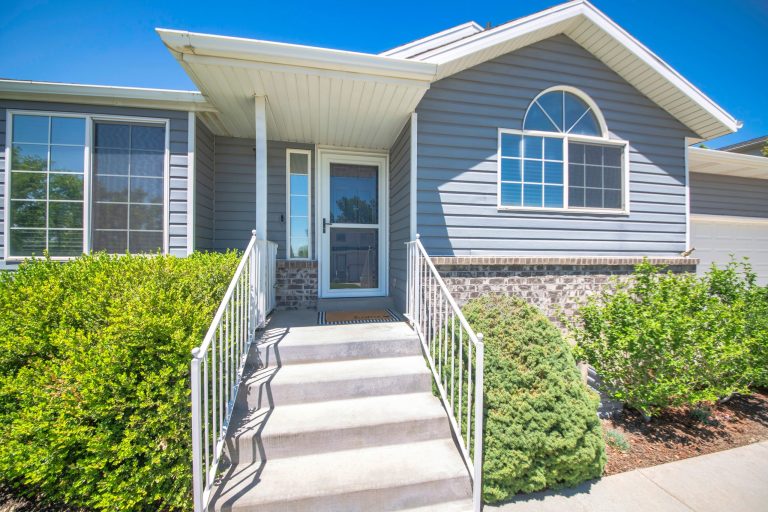Homes in Michigan face long, freezing winters and warm, humid summers, making heating and cooling a big part of what families pay each month. Standard windows often let heat slip out during winter and let in too much warmth when it’s hot, which means furnaces and air conditioners have to run longer and harder. Energy-efficient windows are made to handle the kind of weather the state sees every year. This article talks about six main ways energy-efficient windows reduce energy bills across homes.
-
Minimize Heat Loss During Cold Winters
Using energy-efficient windows for Michigan homes is an excellent idea because they use tight seals and strong frames to stop warm air from escaping. Double or triple glass layers form a barrier that slows heat movement. These windows often have gas like argon between the panes, which adds extra protection against the cold. Because of this, rooms stay warmer without needing constant heating. Over time, this helps lower monthly heating costs during the coldest months.
-
Reduce Heat Gain During Humid Summers
Summers bring strong sun and sticky humidity, especially in the southern parts of the state. Regular windows can make rooms too warm by letting in too much sunlight. Energy-efficient ones block solar heat with special coatings that reflect sunlight away. Less heat comes in, so rooms stay more comfortable even on bright days. Air conditioners don’t need to work as hard, and that helps reduce cooling costs over the summer.
-
Decrease Reliance On HVAC Systems For Heating And Cooling
When windows let in cold air or let heat escape, heating and cooling systems run more often. This uses more energy and wears down the equipment over time. High-performance windows help keep indoor temperatures balanced, so HVAC units don’t need to run constantly. They turn on less often and stay off longer, using less power. This cuts energy use and helps extend the life of the system, which is a useful side benefit.
-
Prevent Air Leakage And Drafts Through Advanced Sealing
Drafts from gaps around windows can make a home feel chilly in winter and muggy in summer. Energy-efficient windows fix this with better weatherstripping and careful installation. When shut, they form a tight seal that stops air from sneaking in or out. Conditioned air stays indoors, while outdoor air stays outdoors. This helps keep the home comfortable and reduces how much energy is needed to heat or cool it.
-
Utilize Low-E Glass To Reflect Heat And Maintain Indoor Temperatures
Low-emissivity, or Low-E, glass has a thin coating that controls how heat moves. In winter, it lets sunlight in but reflects indoor heat back into the room. In summer, it reflects heat from outside before it gets inside. This kind of glass works with the seasons, helping keep homes comfortable without extra effort. It’s one reason these windows help lower energy use all year.
-
Improve Insulation With Multi-Pane Windows Filled With Inert Gases
Single-pane windows don’t stop heat very well. Multi-pane windows, with two or three layers, create small spaces that slow heat transfer. These spaces are filled with gases like argon or krypton, which insulate better than regular air. The result is a window that holds in heat during winter and keeps it out during summer. This improved insulation means less energy is needed to keep the home at a comfortable temperature.
Using energy-efficient windows for Michigan homes can lead to lower utility bills and a host of other advantages. These windows offer both comfort and savings over time. Many families notice a drop in their heating and cooling costs within the first year after installation, which is reason enough to have them.


Comments are closed.